
Maitake is known by many names but the name originates from Japan, it is known as the dancing mushroom along with many other names. Maitake mushrooms, scientifically known as Grifola frondosa, have long been revered in traditional medicine, especially in East Asian cultures. Known by various names such as "Hen of the Woods" and "Sheep’s Head," Maitake mushrooms are not just another fungi species but a powerful natural ally in promoting health and wellness. With a wide range of health benefits backed by scientific research, these mushrooms are quickly gaining popularity in the modern wellness world. This blog will explore the nutritional content, health benefits, and various uses of Maitake mushrooms, including how Non Fungible Mushrooms harnesses Maitake mushrooms into Mushroom Adaptogen Powders.
Scientific Name: Grifola frondosa
Common Names: Hen of the Woods, Sheep’s Head
Origin: Native to the northeastern regions of Japan and North America
Historical Significance: Traditionally used in Japanese and Chinese medicine for immune support and overall wellness.

Maitake mushrooms have a rich history, especially in Japan and China, where they were often regarded as a symbol of longevity and vitality. The name "Hen of the Woods" comes from the mushroom’s appearance, which resembles a fluffed hen. These mushrooms grow in clusters at the base of trees, particularly oaks, and are known for their robust, earthy flavor, making them a popular ingredient in various culinary dishes.
Maitake mushrooms are a powerhouse of essential nutrients, making them an excellent addition to a healthy diet. Here’s a breakdown of their nutritional content:
Maitake mushrooms have been extensively studied for their potential health benefits. Here’s what the research says:
Maitake mushrooms are known for their immune-boosting capabilities. They contain beta-glucans, which are powerful polysaccharides that stimulate the immune system, helping the body fight off infections and diseases. This makes Maitake a valuable natural supplement during cold and flu seasons.
Studies suggest that Maitake mushrooms may have anti-cancer properties. Research has shown that the D-fraction, a specific extract of Maitake, can inhibit the growth of tumors and enhance the immune system’s ability to fight cancer cells. Although more research is needed, these findings are promising and highlight Maitake's potential as a complementary treatment in cancer therapy.
Maitake mushrooms may also help in managing cholesterol levels. Research indicates that these mushrooms can reduce LDL (bad) cholesterol while increasing HDL (good) cholesterol, promoting better heart health.
Maitake’s potassium content plays a vital role in regulating blood pressure by counteracting the effects of sodium. Regular consumption of Maitake mushrooms may help in maintaining healthy blood pressure levels, reducing the risk of hypertension-related conditions.
Maitake mushrooms may assist in managing blood sugar levels. Some studies have shown that Maitake can improve insulin sensitivity and lower blood glucose levels, making it beneficial for individuals with type 2 diabetes or those at risk of developing the condition.
Maitake mushrooms are rich in antioxidants, which help protect the body from oxidative stress and free radical damage. This antioxidant effect is crucial in preventing chronic diseases and supporting overall health and longevity.
Maitake mushrooms contribute to gut health by promoting the growth of beneficial bacteria in the digestive tract. A healthy gut microbiome is essential for proper digestion, nutrient absorption, and overall immune function.
The health benefits of Maitake mushrooms are largely attributed to their bioactive compounds. Here are some of the key compounds found in Maitake and their effects:
Maitake mushrooms are not only nutritious but also versatile in the kitchen. Here’s how you can incorporate them into your diet:
Maitake mushrooms can be consumed in various forms, each offering different benefits:
To maintain freshness and potency, store Maitake mushrooms in a cool, dry place. Fresh mushrooms should be refrigerated and consumed within a few days, while dried mushrooms can be stored for longer periods.
When incorporating Maitake mushrooms into your diet, it’s important to follow recommended dosage guidelines. While Maitake is generally safe for most people, high doses may cause mild digestive discomfort. If you’re considering Maitake supplements, consult a healthcare provider, especially if you have existing health conditions or are on medication.
While Maitake mushrooms offer numerous health benefits, it’s essential to be aware of potential interactions with medications:

Non Fungible Mushrooms, known for their commitment to sustainable practices and high-quality products, offers the LIFE Mushroom Adaptogen Powder. This potent blend includes Maitake mushrooms, combined with 5 other powerful adaptogens like Cordyceps, Lion’s Mane, Reishi, Tremella Fucifomis, and Meshima.
The LIFE Mushroom Adaptogen Powder is designed to support natural energy levels, mental clarity, gut health, and immune function. With Maitake’s immune-boosting properties and its ability to regulate blood sugar and cholesterol levels, this product stands out as an excellent supplement for those looking to enhance their overall well-being.
Non Fungible Mushrooms Powders are easy to use and ensures that their Maitake mushrooms are organically grown and harvested, adhering to the highest quality standards. This commitment to purity and potency makes their LIFE Mushroom Adaptogen Powder a reliable choice for anyone seeking the health benefits of Maitake mushrooms.
Maitake mushrooms are a nutritional powerhouse, offering a wide range of health benefits, from immune support to cholesterol management. Their rich content of vitamins, minerals, and bioactive compounds makes them an invaluable addition to any diet.

Whether you choose to consume Maitake mushrooms in their fresh form, as a powder, or as part of a supplement like Non Fungible Mushrooms’ LIFE Mushroom Adaptogen Powder, you’re sure to experience their profound effects on health and well-being. As always, it’s essential to consult with a healthcare provider before introducing any new supplement into your routine, especially if you have underlying health conditions or are taking medications.
By incorporating Maitake mushrooms into your diet, you’re not just adding flavor to your meals but also investing in your long-term health.